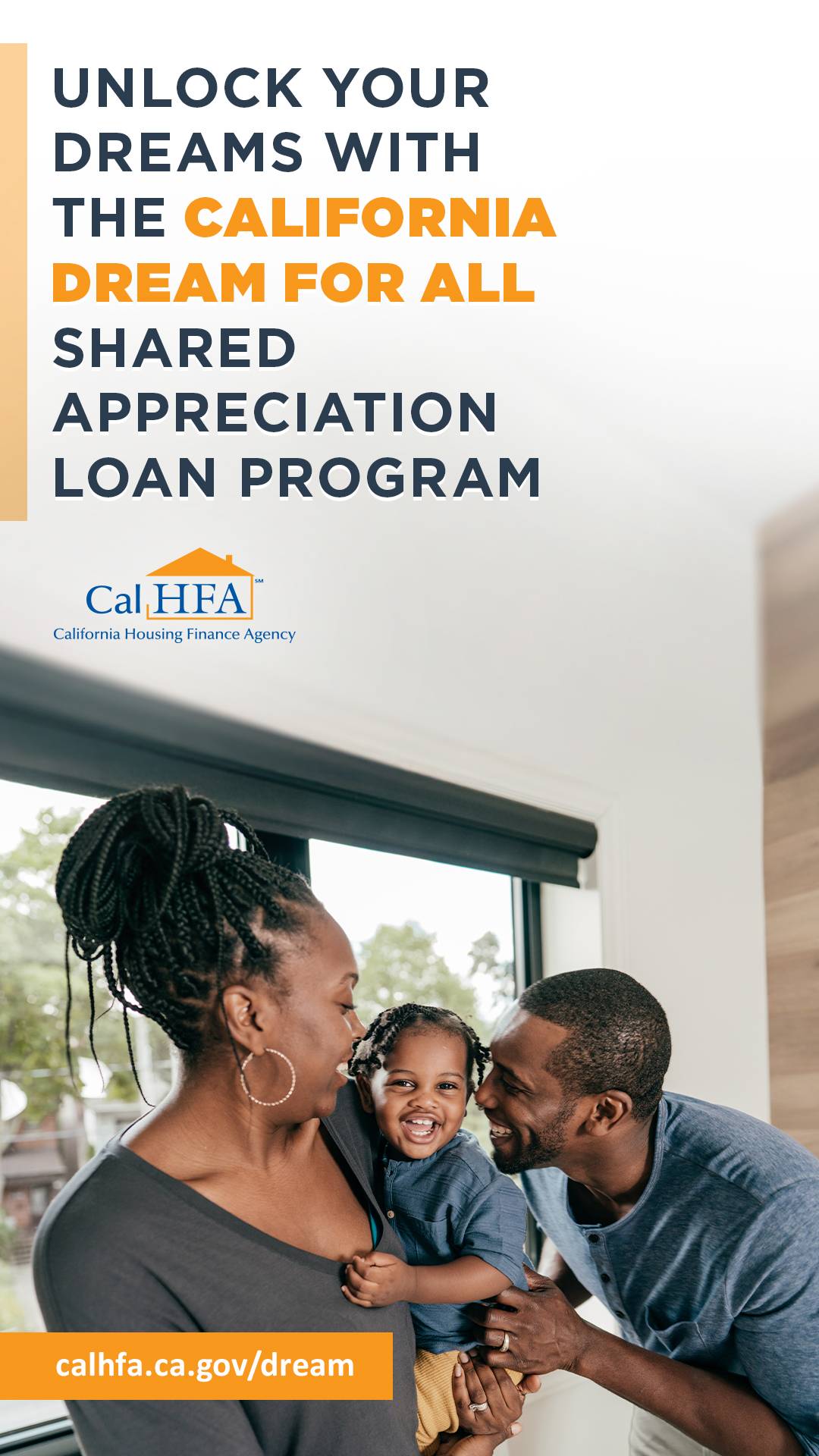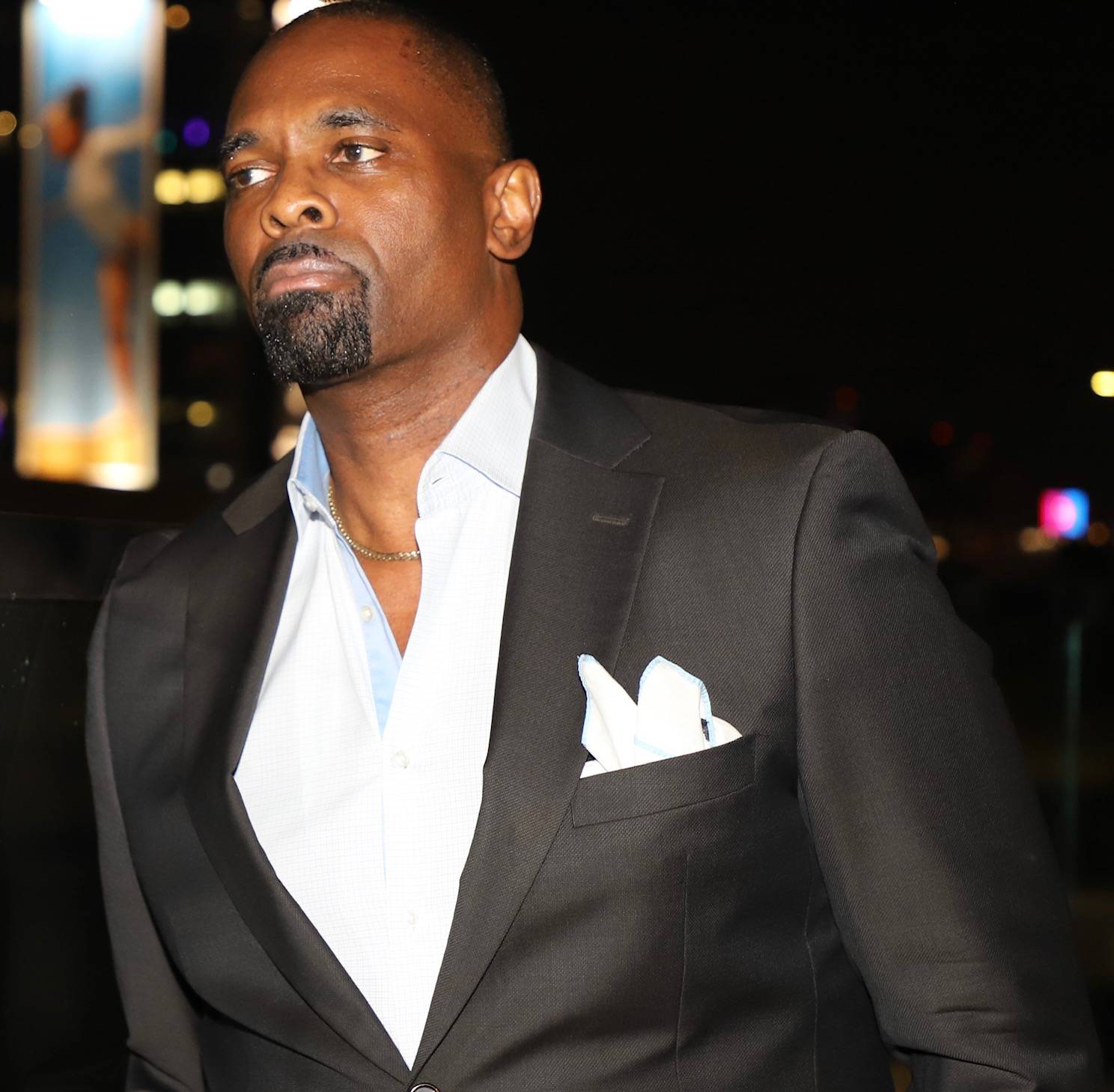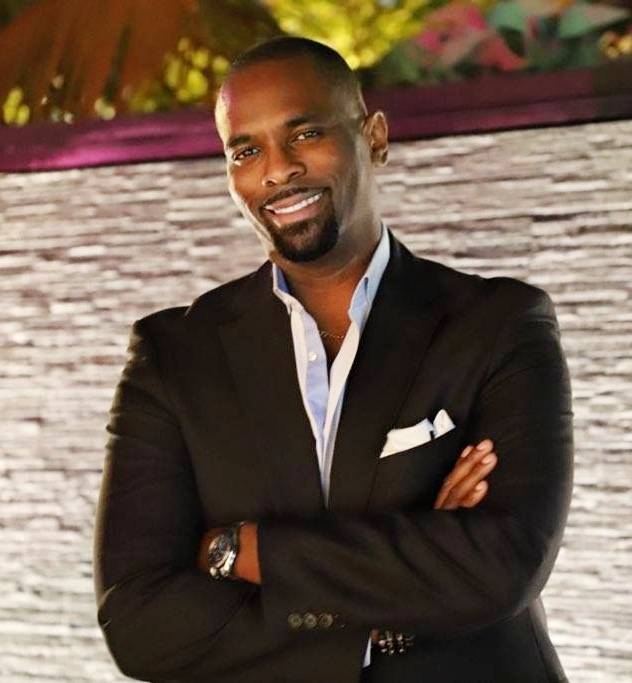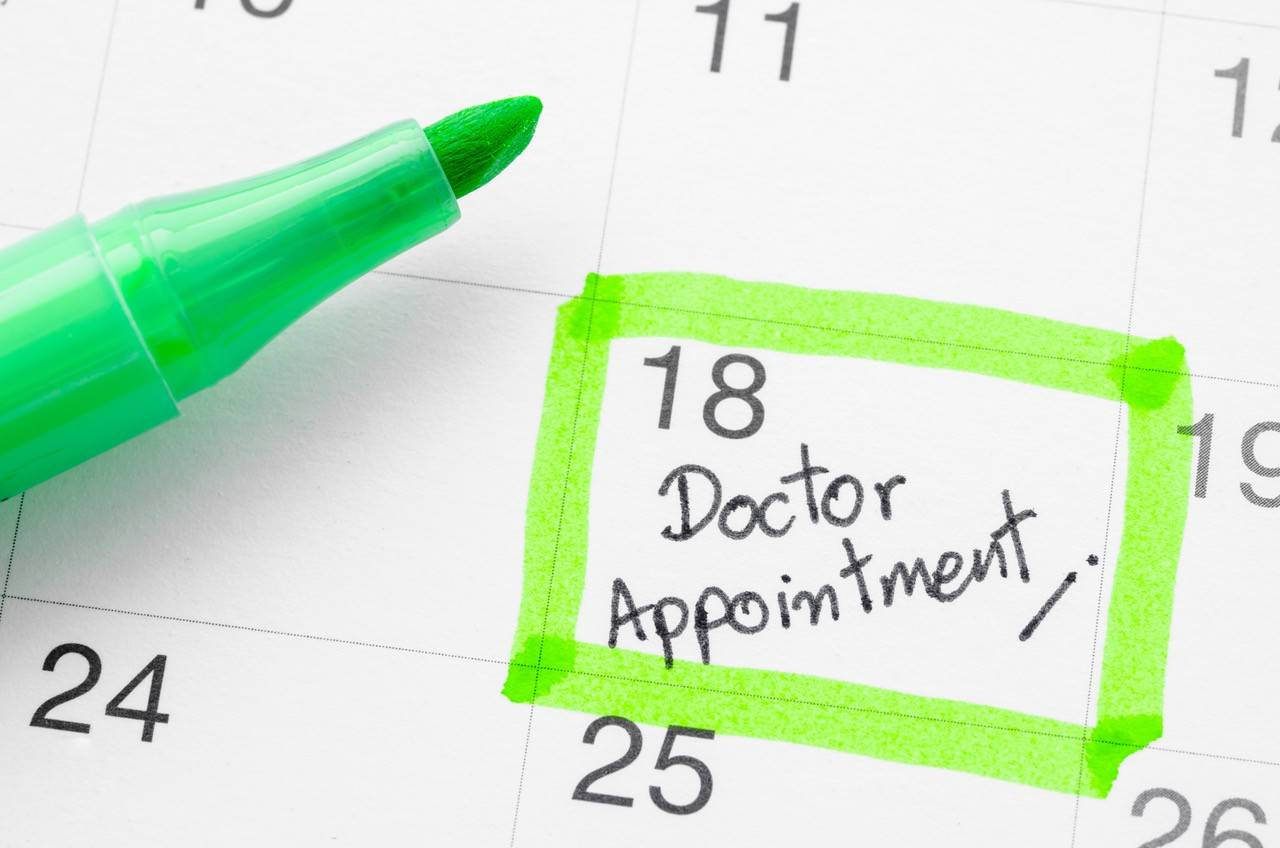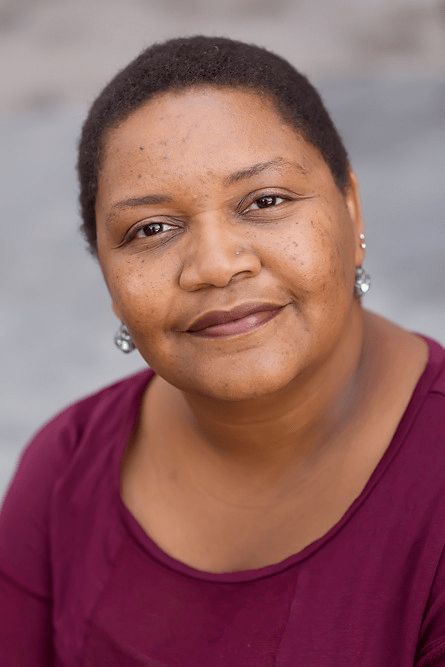Fontana, CA — Healthy is defined as the state of being free from illness or injury. Wellness, however, is the active pursuit of choices and lifestyles that lead to holistic health—physically, mentally, emotionally, and spiritually. These two words are often used interchangeably, but when it comes to relationships—especially among educated Black men and women navigating the modern dating landscape—the difference between being healthy and being well can mean the distinction between connection and chaos.
Health You Can Measure, Wellness You Must Feel
Your physical health can be measured by numbers, such as blood pressure, weight, cholesterol, or heart rate. But wellness is much harder to quantify. It’s the invisible energy that influences how you see yourself and how you connect with others. You can look “healthy” on the outside and still carry unresolved pain, insecurity, or emotional exhaustion that quietly weakens your ability to love and be loved.
A 2023 Pew Research study found that while therapy is becoming more accepted among Black professionals, many still delay emotional healing until after experiencing heartbreak. Meanwhile, data from the American Psychological Association shows that nearly half of all adults (48%) believe they could benefit from therapy, but only a small number take that first step until relational patterns start to recur.
We prepare résumés, but rarely prepare our hearts.
The Relationship Between Wellness and Compatibility
Many of us assume compatibility is about shared goals, lifestyles, or attraction. But true compatibility often depends on emotional wellness—our ability to self-regulate, communicate, and empathize without projecting our unhealed pain onto others.
Dr. Thema Bryant, President of the American Psychological Association and author of Homecoming: Overcome Fear and Trauma to Reclaim Your Whole Authentic Self, reminds us that “unhealed trauma will always whisper lies about what love feels like.” In other words: if we haven’t done our inner work, we may confuse intensity with intimacy or stability with boredom.
Relationship expert Nedra Glover Tawwab, author of Set Boundaries, Find Peace, explains that “boundaries are not barriers—they are clarity.” When you don’t recognize what’s nourishing or toxic for your emotional well-being, you may mistake confusion for chemistry.
Why Many of Us Date Before We’re Well
Studies in the Journal of Social and Personal Relationships show that people who date before resolving emotional wounds face higher levels of conflict, anxiety, and dissatisfaction. Among educated Black men and women—often high achievers in their careers and academics—emotional readiness is frequently mistaken for being prepared financially or intellectually. We’ve learned how to succeed but not how to breathe out.
Therapist Dr. Joy Harden Bradford, host of Therapy for Black Girls, emphasizes that “if you don’t understand your triggers, you’ll keep thinking everyone else is the problem.” Therapy is not a last resort—it’s the first step toward emotional literacy.
Are You Well Enough to Date?
Before pursuing love, ask yourself: Am I healed, or just functioning?
Being “functional” isn’t the same as being “well.” Functionality helps you perform; wellness helps you connect.
Here are six steps to evaluate and strengthen your relational wellness before stepping into love’s arena:
- Pursue Therapy Before the Relationship
Therapy is not just for crisis—it’s for clarity. Pre-relationship therapy can increase emotional intelligence, self-awareness, and communication skills. Consider it the heart’s tune-up before you hit the road of romance.
- Identify Your Emotional Triggers
Recognize patterns. Do you shut down when you feel criticized? Become anxious when you’re not affirmed? Understanding your emotional triggers helps you respond rather than react.
- Audit Your Relationship Résumé
Before asking someone, “What do you bring to the table?”—ask yourself. List your emotional strengths and weaknesses honestly. As Dr. Sherry Blake, seen on Real Housewives of Atlanta, advises, “You can’t demand what you don’t demonstrate.”
- Revisit Your Relationship with Yourself
You can’t expect someone to love you in ways you refuse to love yourself. Wellness means becoming your own safe space before you try to build one with someone else. As Dr. Thema Bryant writes, “You cannot heal in the same spaces where you learned to hate yourself.”
- Date with Intention, Not Loneliness
Loneliness leads to impulsive choices. Date because you’re curious, not because you’re craving. Wellness means you don’t need a partner to feel valuable—you seek one to share value with.
- Build a Support Ecosystem
Wellness thrives in community. Surround yourself with friends, mentors, or faith leaders who model emotional maturity. As Dr. Spirit, founder of Dr. Spirit LLC, often says, “Healing doesn’t happen in isolation—it happens in relationship with others.”
Final Thought: Love from a Place of Wholeness
Dating is not about finding someone who completes you, it’s about finding someone who complements your wholeness. For educated Black professionals, success often disguises suffering. We master productivity but ignore emotional repair. Yet actual readiness for love begins with radical self-awareness, healing, and grace.
Because being healthy will keep your heart beating—but being well will keep your love alive.
